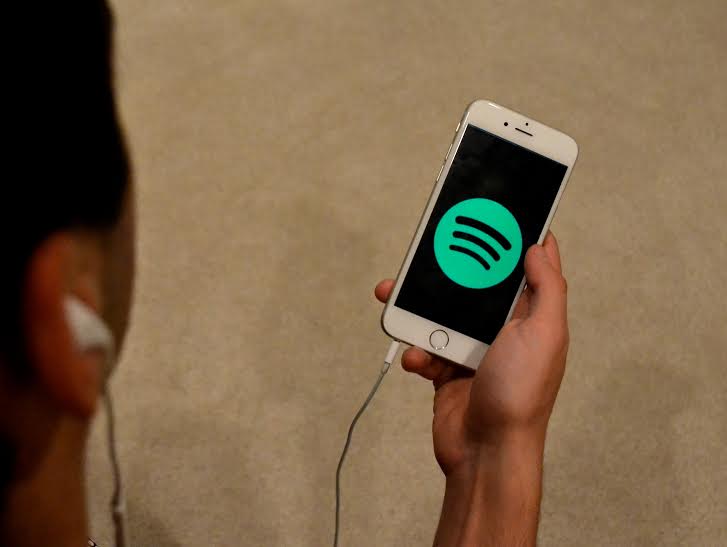Streaming threatens music industry
On Dec. 23, 2015, one of the most legendary catalogs of music became accessible to hundreds of millions of people for free. The Beatles’ decision to join streaming services such as Spotify and Tidal is a significant step in the advancement of the music industry. However, the increasing digitalization of music has, overall, had a negative effect on the industry. Essentially, the new technological changes reward artists who make hit singles rather than albums and force musicians to find sources of revenue besides releasing music.
In the 1960s and ‘70s, bands made imaginative albums that had a universal theme from start to finish. David Bowie’s The Rise and Fall of Ziggy Stardust, Pink Floyd’s The Wall and The Who’s Tommy are a few examples of brilliant concept albums. While each of those records had several hits, overall the focus was on the album as a whole. Other than listening to a song on the radio, the only way to listen to one specific song at that time was to buy the record and drop the needle at the designated spot. With modern technology, music listeners have the option to purchase however many songs they want from an album. Since hit songs often bring in greater revenues than complete albums, newer artists are more inclined to compose one or two catchy radio melodies rather than a dozen well-crafted tracks.
Another negative element of digitalization is the issue of piracy. Because downloading music illegally is so easy, musicians lose large sums of money to bootlegging. To compensate for this loss, artists have to find other ways to make money. According to www.digitalmusicnews.com, the venues at which artists perform generally take around a third of the gross ticket sales, then roughly another third goes to the “back end,” which encompasses insurance, advertising, venue rental, etc., leaving the artists with only about a third of the money. Cheaper concerts, which sell at around 8 dollars a ticket, make taking home a reasonable profit extremely difficult for artists. Since touring does not generate much revenue and free digital music is costly to musicians, artists must find other ways to survive in the music industry.
Some people argue that digitalization has had several positive effects on the industry. For example, the Internet has made the world’s music library available to the public at just a click of a button. Additionally, perhaps because of the indie movement, record player sales have increased exponentially in the past few years. Despite these potential benefits, the profits in physical music and memorabilia would probably have never dropped in the first place if digital music did not exist. Even though artists can now easily receive more exposure, this exposure is not as profitable as it would have been decades ago.
Despite its positive elements, the digitalization of music has not been kind to the majority of musicians, those who struggle to make money by touring and releasing albums. Still, with the revival of vinyl, hopefully the industry will continue to flourish and settle into a balance between digitalization and tradition.
Your donation will support the student journalists of Calabasas High School. Your contribution will allow us to purchase equipment and cover our annual website hosting costs.







